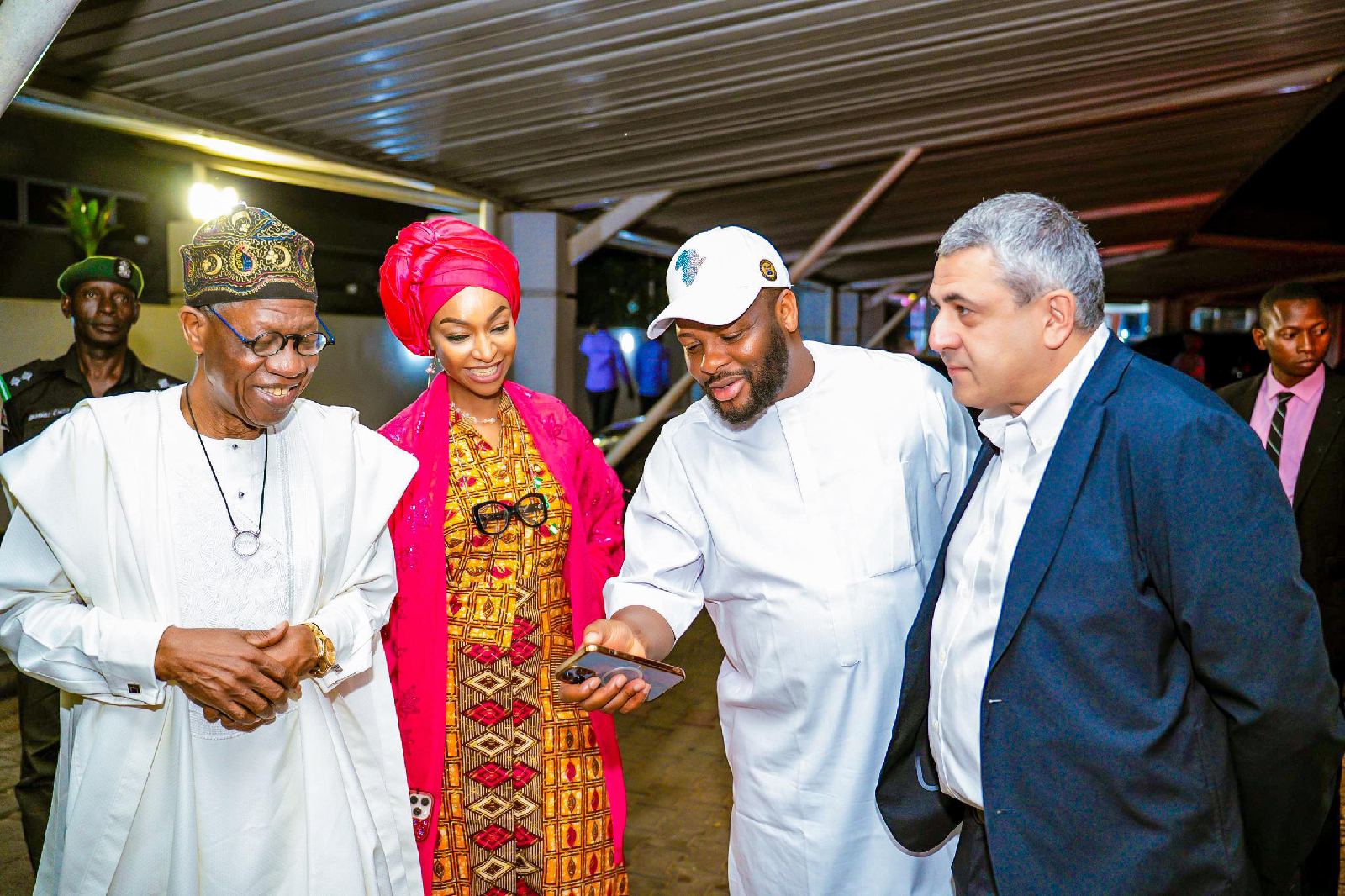Lagos Reaffirms Commitment to Sustainable Tourism Ahead of 68th UN CAF Meeting
Abuja, Nigeria – June 13, 2025As preparations intensify for the 68th Meeting of the UN Tourism Regional Commission for Africa (CAF) slated for 2025, Lagos State has reaffirmed its commitment to using innovation and creativity to drive sustainable tourism development.
Representing the Lagos State Government at a high-level stakeholders’ meeting convened by the Federal Ministry of Art, Culture, Tourism, and the Creative Economy in Abuja on Tuesday, the Special Adviser to the Governor on Tourism, Arts and Culture, Mr. Idris Aregbe, reiterated the state’s readiness to position Lagos as a model for tourism growth in Africa.
The gathering featured key industry figures, including the Secretary-General of UN Tourism, Mr. Zurab Pololikashvili, and Nigeria’s former Minister of Information and Culture, Alhaji Lai Mohammed. They were received by the Minister of Art, Culture and the Creative Economy, Barrister Hannatu Musawa.
Speaking at the event, Mr. Aregbe emphasised Lagos State’s strategic focus on youth engagement, cultural revitalisation, and public-private partnerships as tools for sustainable development. He noted that the forthcoming CAF 2025 summit presents a unique opportunity to showcase Nigeria’s vibrant culture and creative potential to a global audience.
“In Lagos, we are not just preparing to host Africa; we are curating an experience that reflects the limitless possibilities of Nigerian talent, innovation, and culture. CAF 2025 will be a powerful platform to elevate our tourism, arts, and creative sectors while strengthening collaborations that drive tangible development,” Aregbe said.
He also outlined various initiatives currently being pursued by the Lagos State Ministry of Tourism, Arts and Culture, including infrastructure development, empowerment programmes for creatives, and the deployment of digital tools to enhance the state’s global visibility.
The meeting, themed “Boosting Social Impact and Education in Tourism via Innovation, AI, and Creative Industries in Africa,” focused on how technology and inclusive education can reshape the continent’s tourism narrative and unlock new opportunities for African youth.
Aregbe stressed the importance of multi-level collaboration — across federal, state, and continental lines — to realise the full potential of Africa’s tourism and creative economies.
The CAF 2025 meeting is expected to draw tourism stakeholders from across the continent, with Lagos playing a prominent role in the conversation on innovation-driven tourism development.





